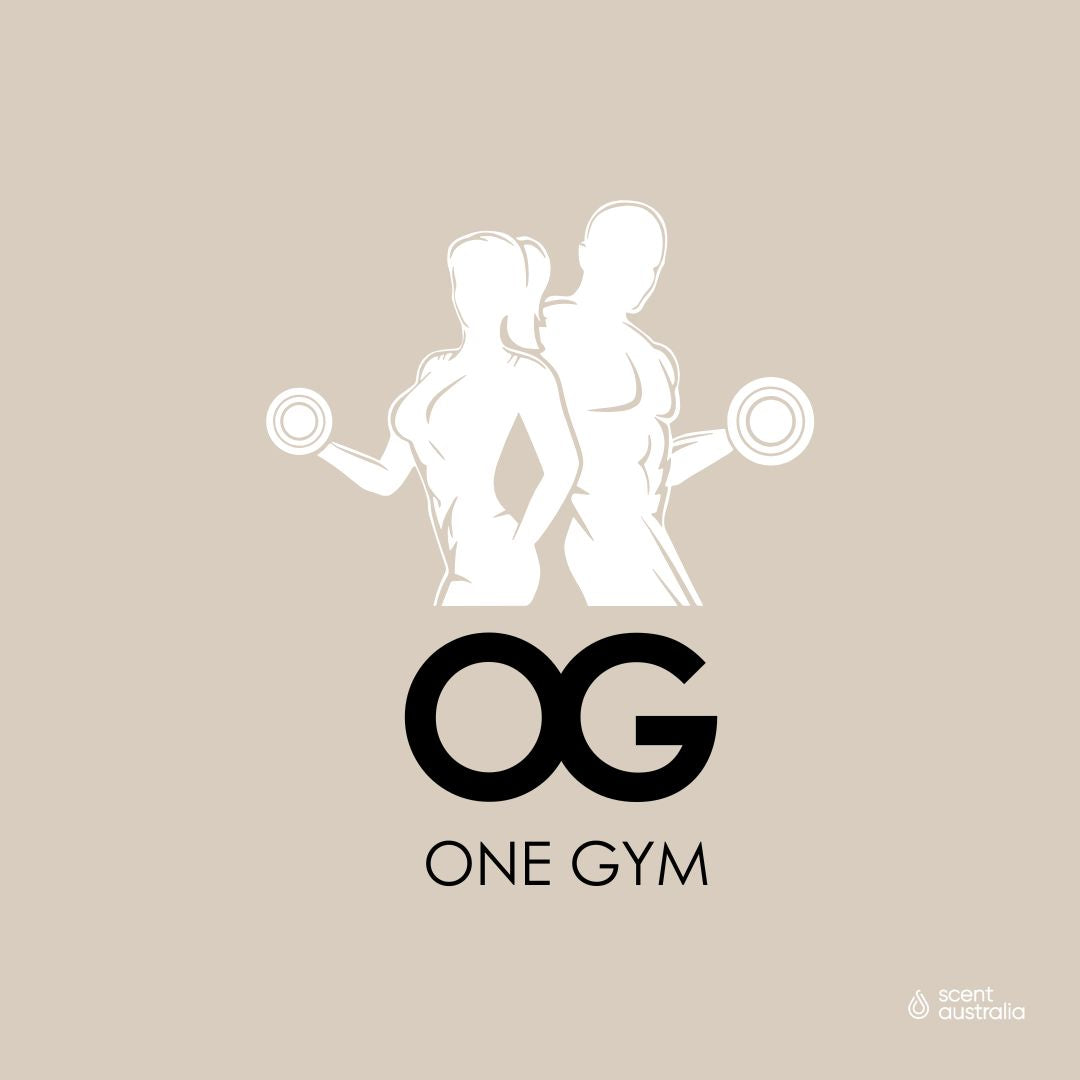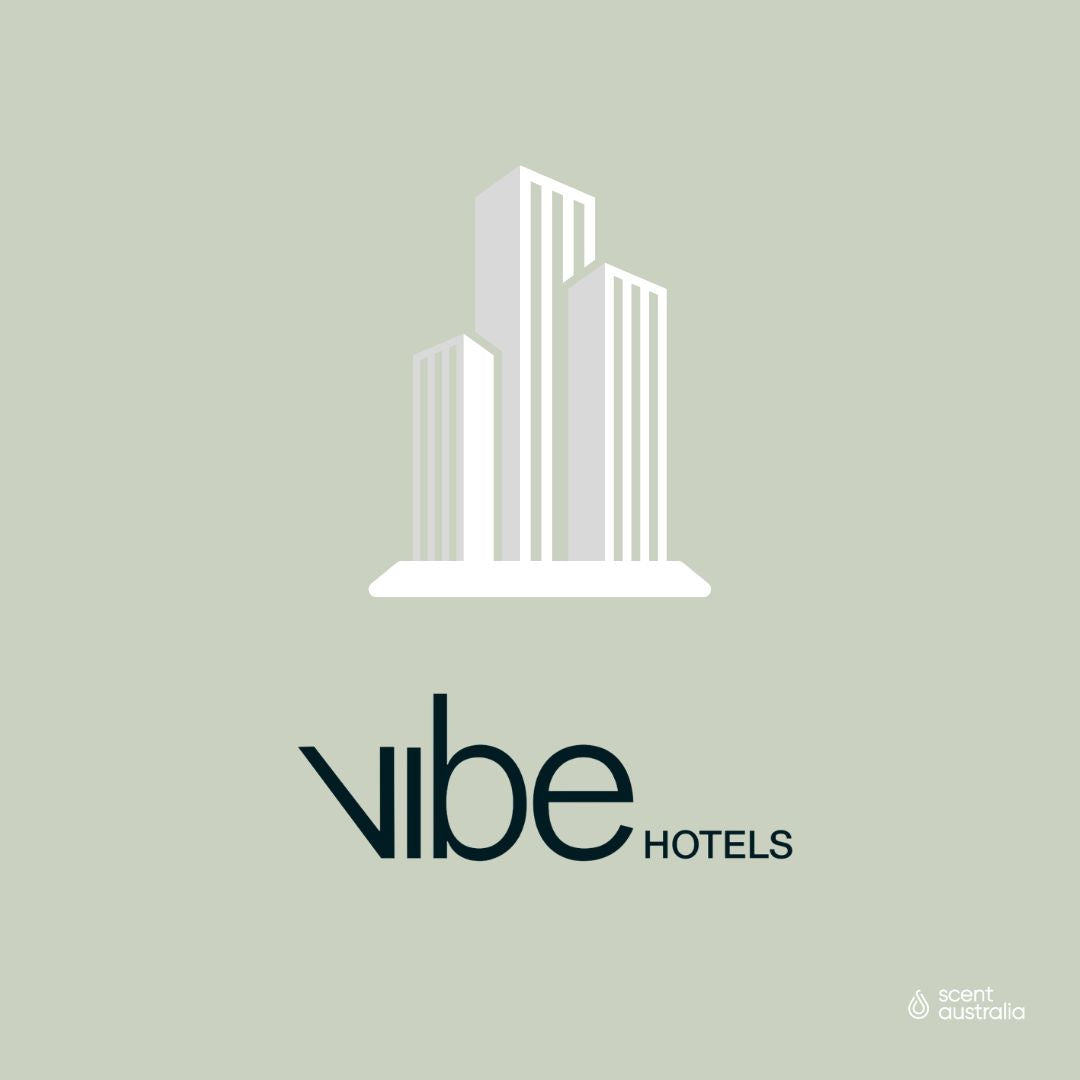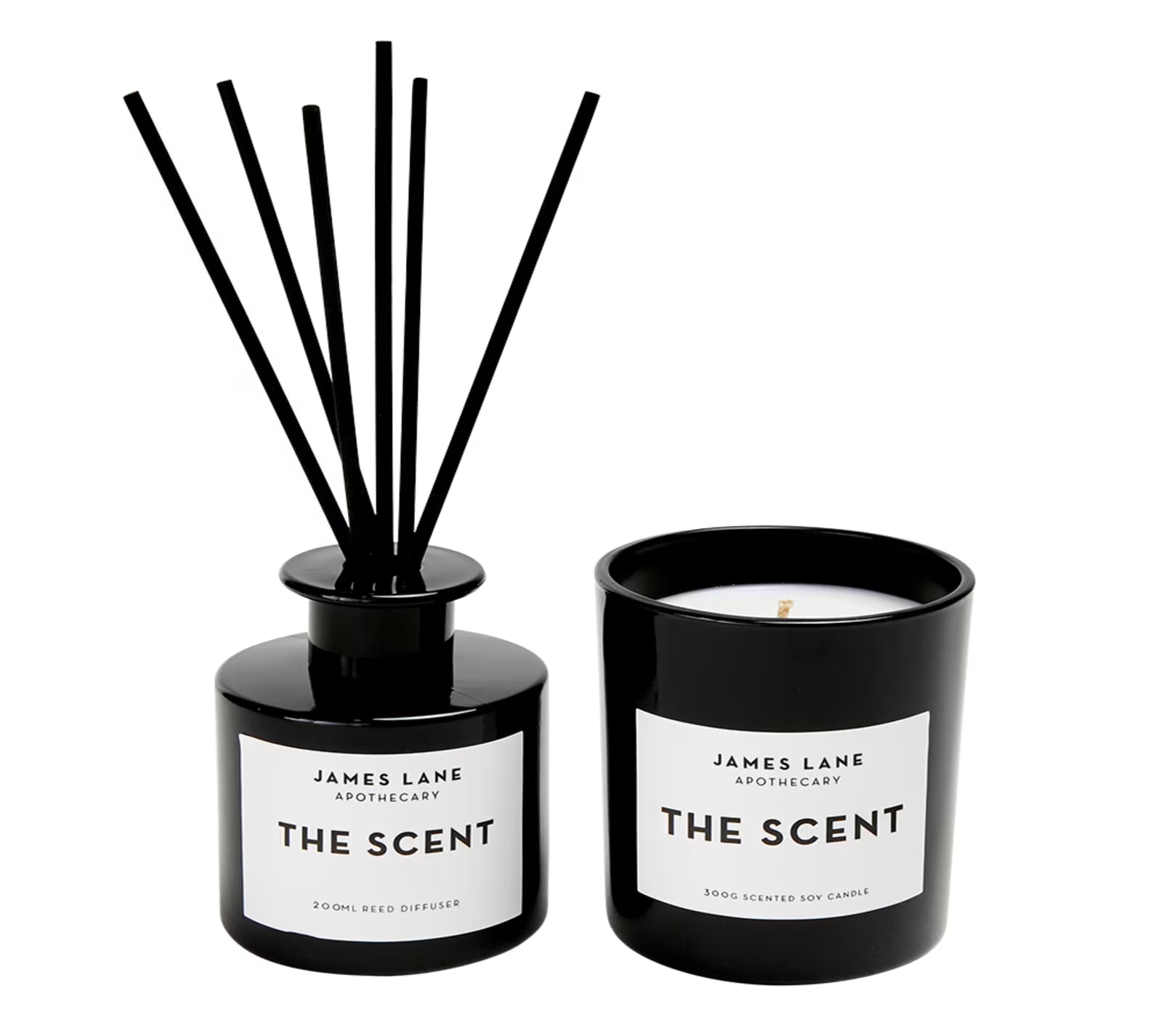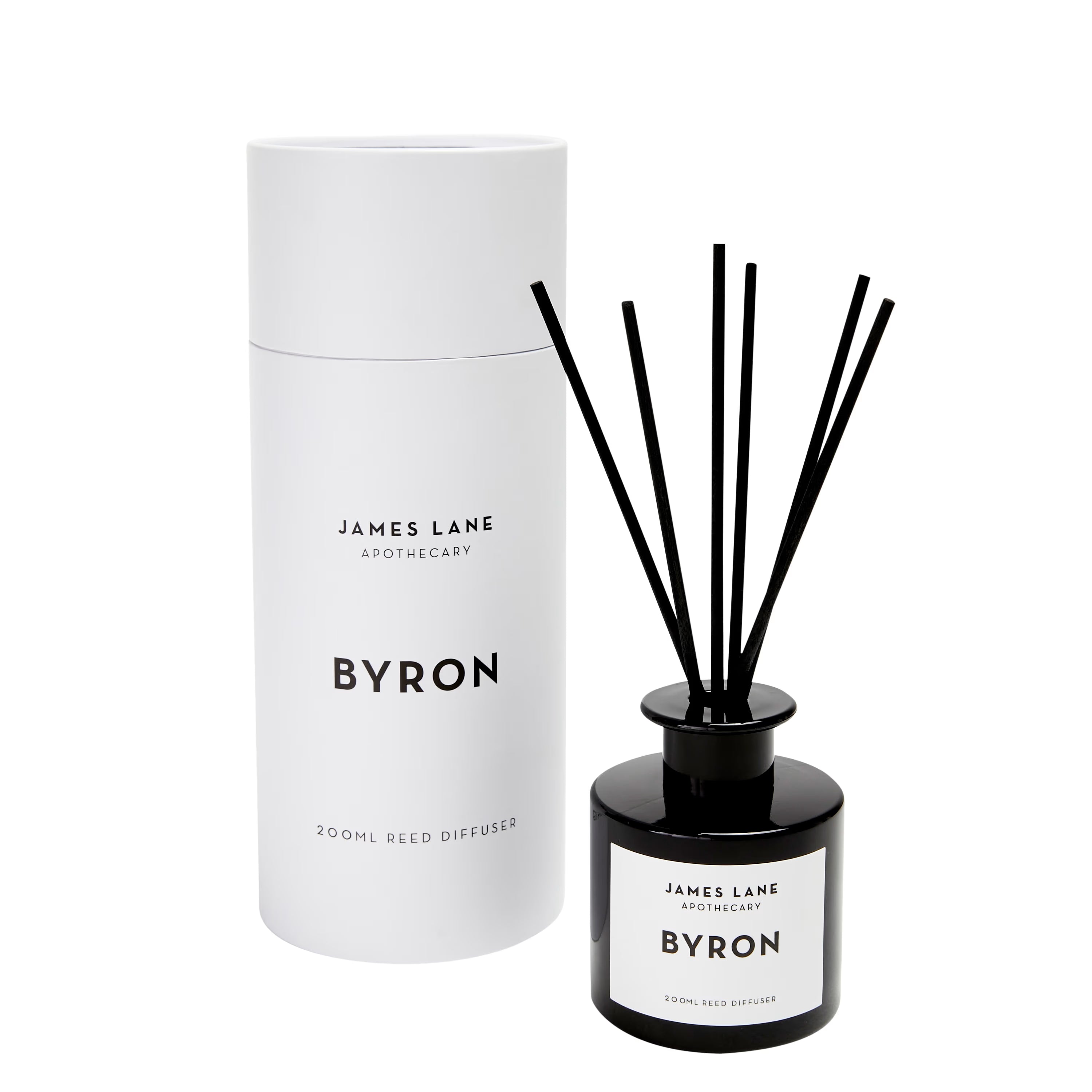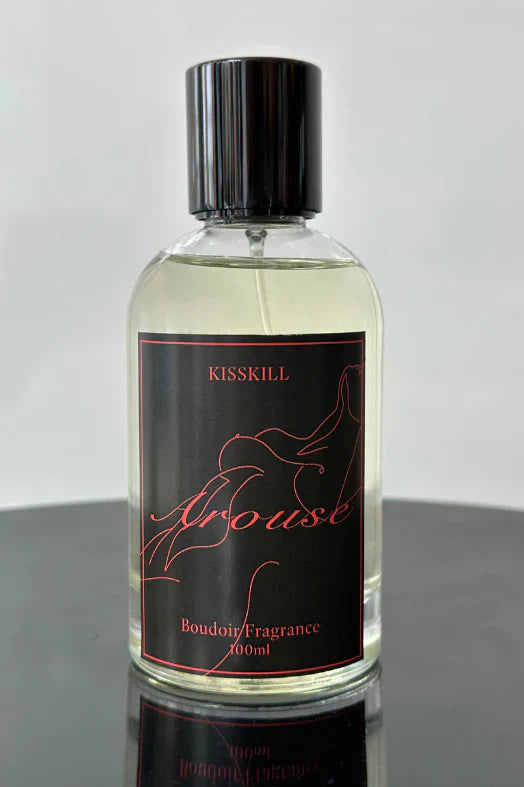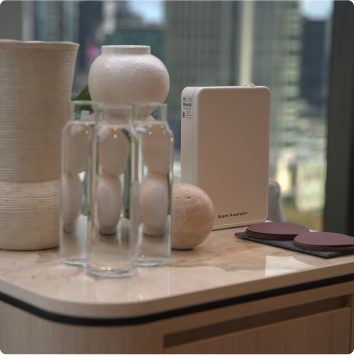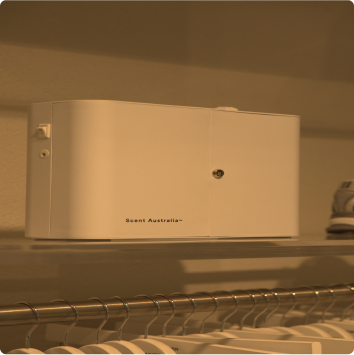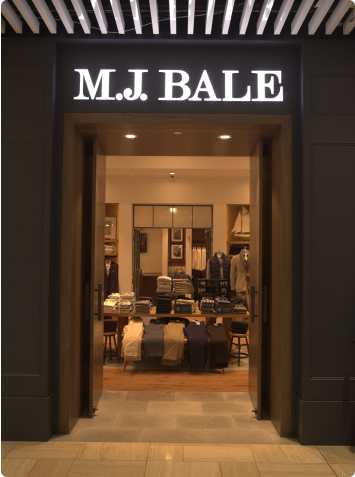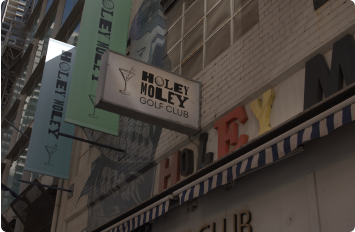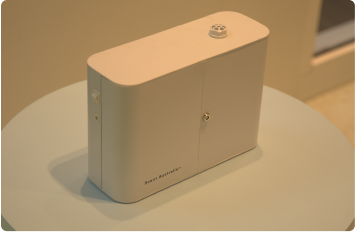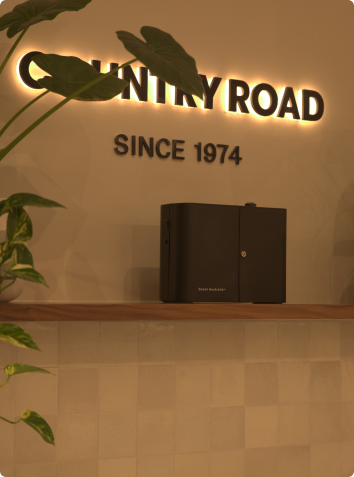The next time you are in a department store, hotel or dentist's office, take a moment to pull yourself away from the barrage of visual advertisements and background music to take a whiff of the air around you.
Chances are, you will notice the lingering of a faint scent - perhaps the delicate and sophisticated smell of yuzu and black tea if you are wandering the halls of department store Tangs or the rejuvenating scent of lime and eucalyptus if you are sitting at the reception area of One Farrer Hotel & Spa.
The subtle ambient fragrances are not a random occurrence - these brands are part of the growing number of businesses in Singapore that are using scent marketing to improve their customer experience.
Using ambient scents to make a space seem more inviting has become a trend in an advertising landscape which has, in recent years, nearly exhausted all means of visual and auditory marketing.
For the retailers, hotels and events that are jumping on board, it is a refreshing way to increase consumer spending, customer satisfaction and brand recognition.
It does not hurt that there is also a scent for almost every emotion, allowing retailers to mix and match fragrances to create the perfect mood.
"Vanilla and amber induce warmth, comfort and nostalgia," says Ms Goh, who also gives talks on scent branding and holds classes on essential oils.
"In the same way, citrus notes tend to improve appetite and peppermint gives the sense of fresh, clean spaces. There's a scent for any place or occasion."
Present technology also allows the scent to be regulated based on time or foot traffic, resulting in a consistent and subtle smell throughout the space, even in large department stores or hospitals.
For malls such as Ion Orchard, which opened in 2009, having a signature scent has gone beyond creating a relaxing atmosphere to becoming part of its brand identity.
Similarly, at One Farrer Hotel & Spa, guests have begun asking to buy its signature scent Urban Oasis so that they can duplicate their hotel experience at home.
And the list goes on. Hotels The Westin Singapore and The Patina, Capitol Singapore, shopping centre Palais Renaissance, fashion label Zara, automobile brand Nissan and Mount Elizabeth Novena Hospital all have distinctive fragrances wafting through the lobbies and aisles.
Events marketers are also embarking on the customised scent route.
Experia Events, which is behind last year's Singapore Airshow, had a signature scent created for the show. Made up of notes of dewy juicy fruits and rich dark chocolate, the scent aimed to appeal to the event's distinctly masculine target audience.
An equally unique and chic scent evoking the Asian identity was also commissioned by organisers Mercury Marketing and Communications for last year's Singapore fashion week - known as the Audi Fashion Festival - helping to set the mood for the glitzy event.
In both cases, the scents were diffused through the air-conditioning ducts in the enclosed lounge and exhibition areas.
The avant-garde scent for the fashion week was so popular - attendees were inquiring about it - that Mercury is creating another scent for this year's edition of Singapore Fashion Week, which takes place next month.
Limited numbers of the bottled scent will be available for purchase.
It seems then that the science on the matter is clear: Scent has incredible potential.









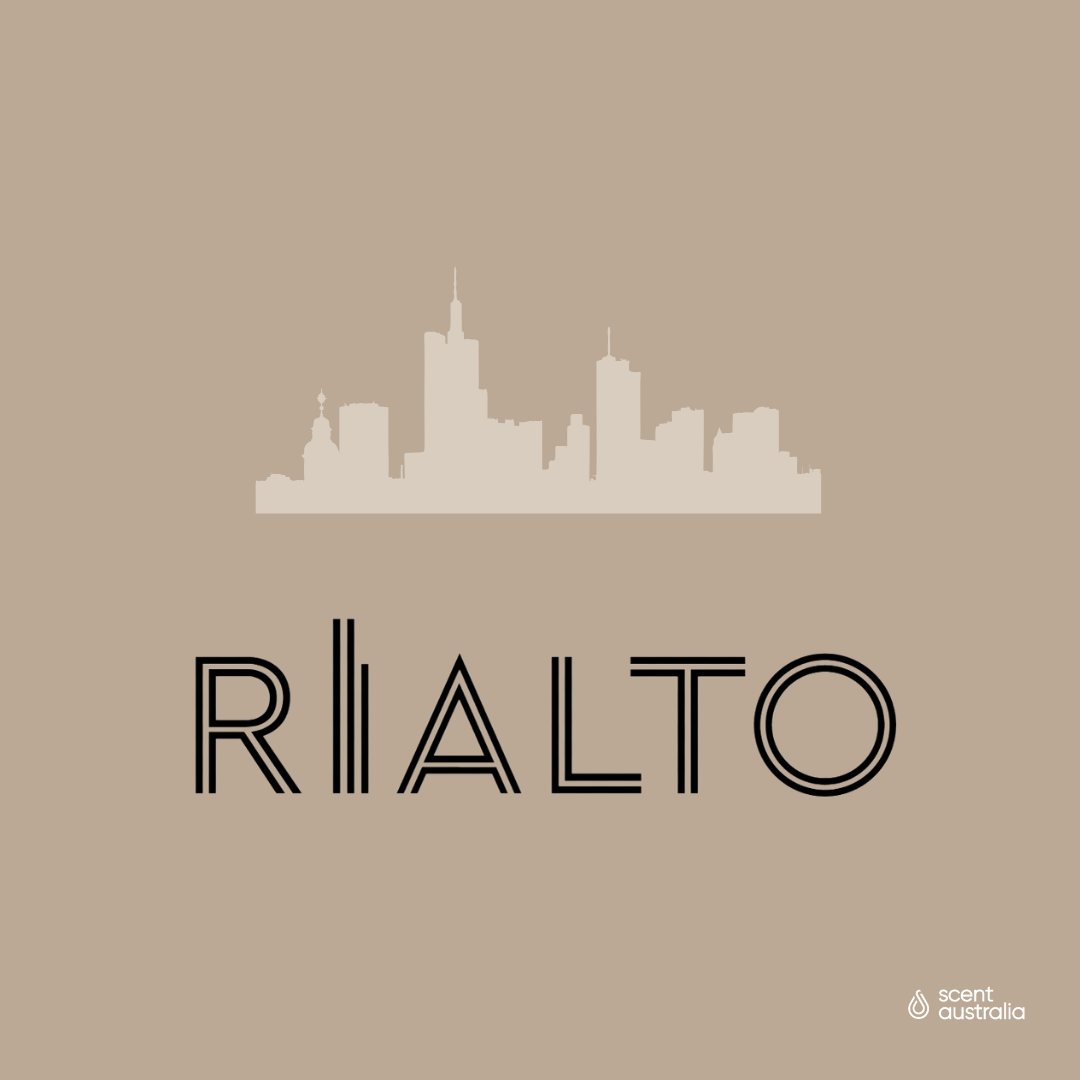
 Brian Clark
Brian Clark
